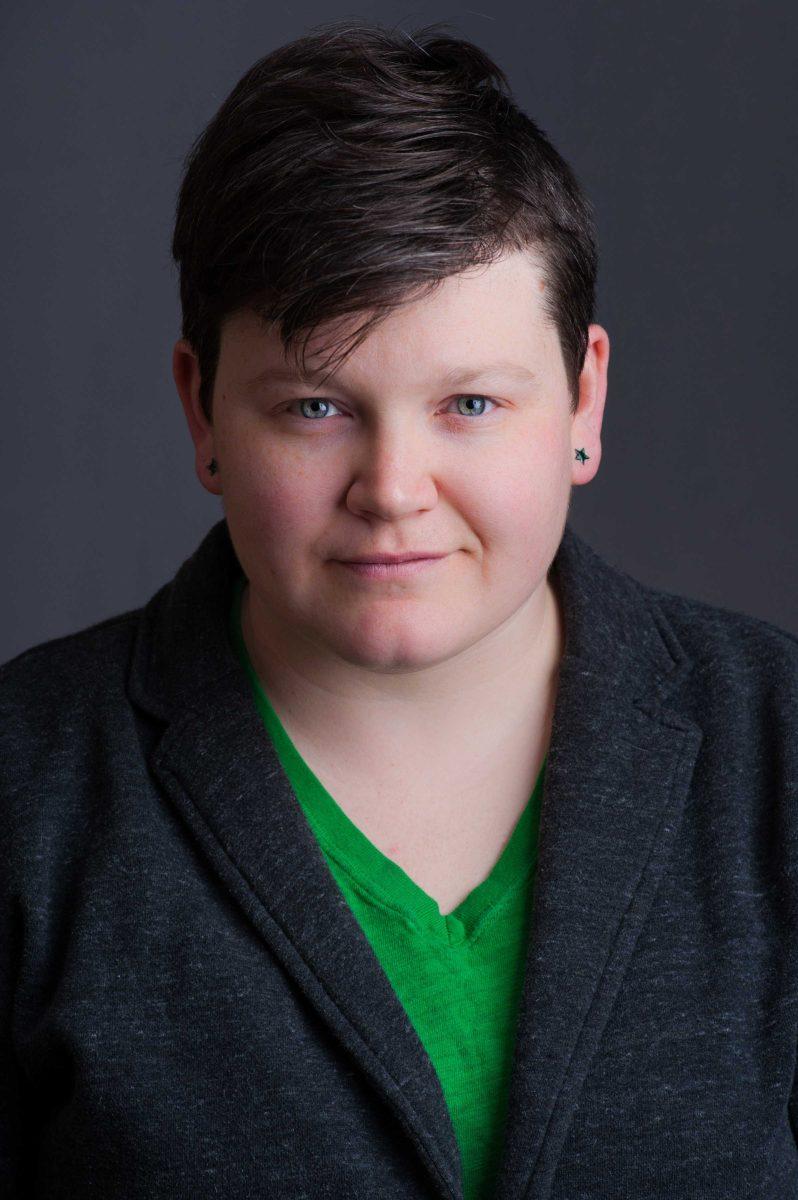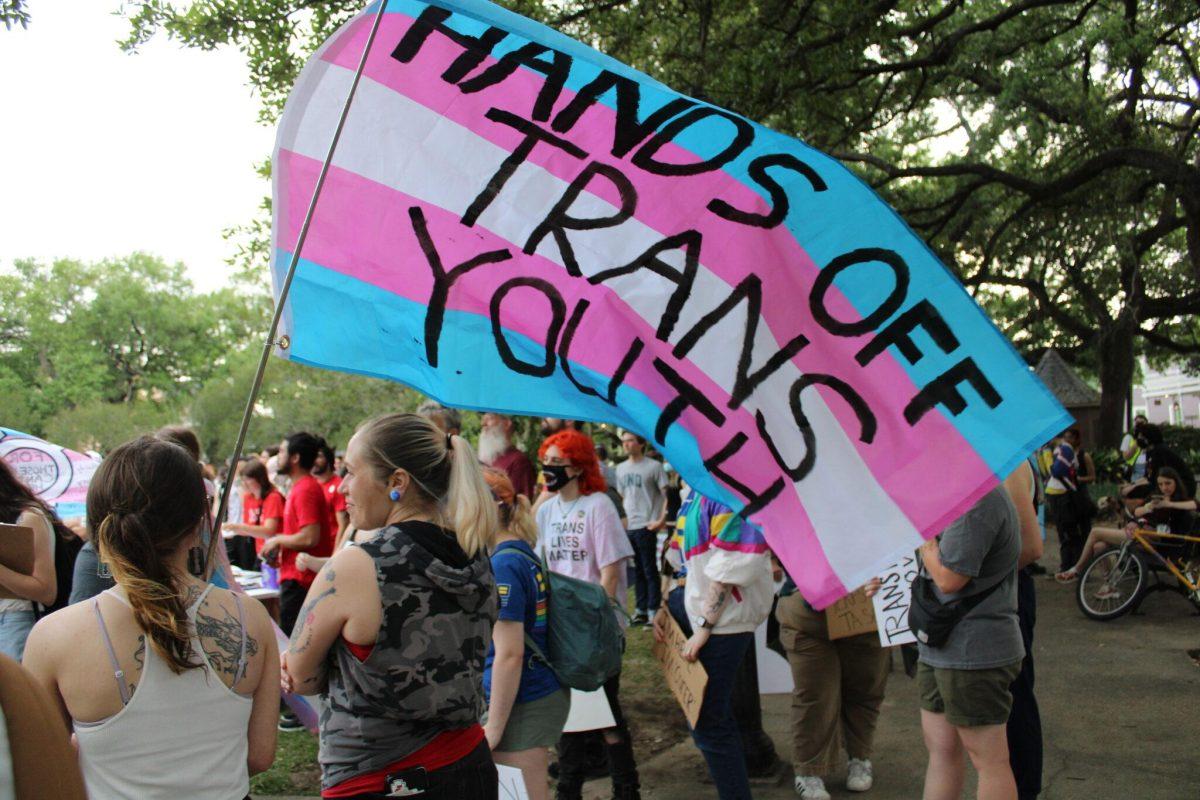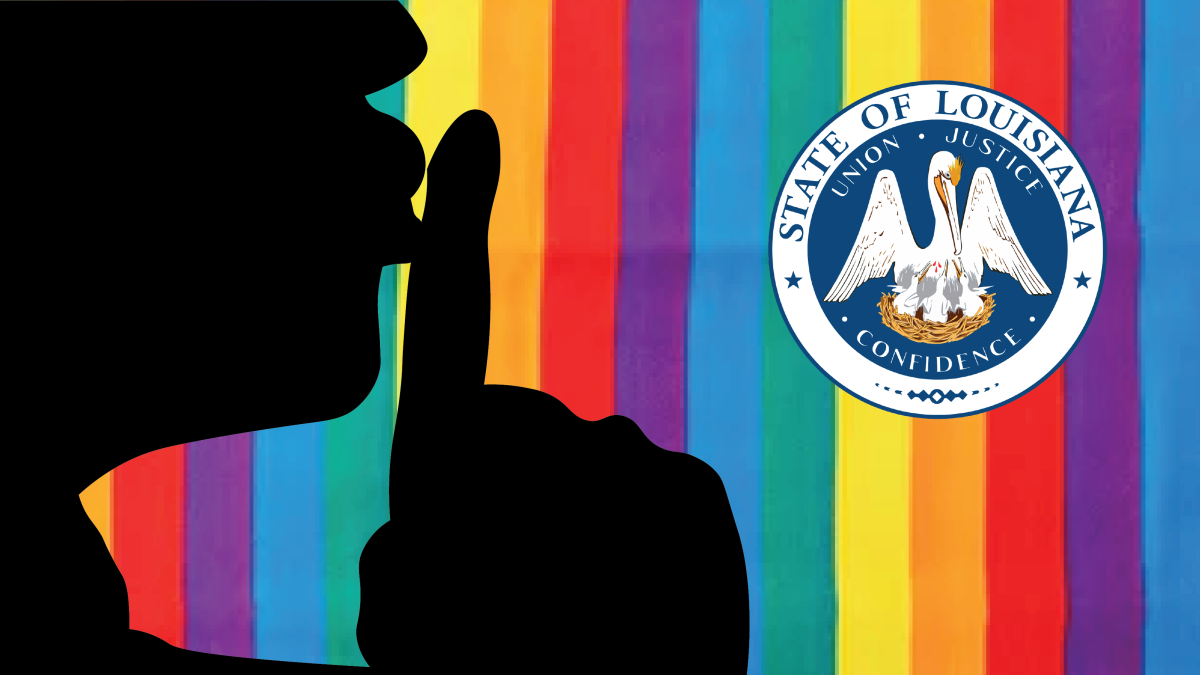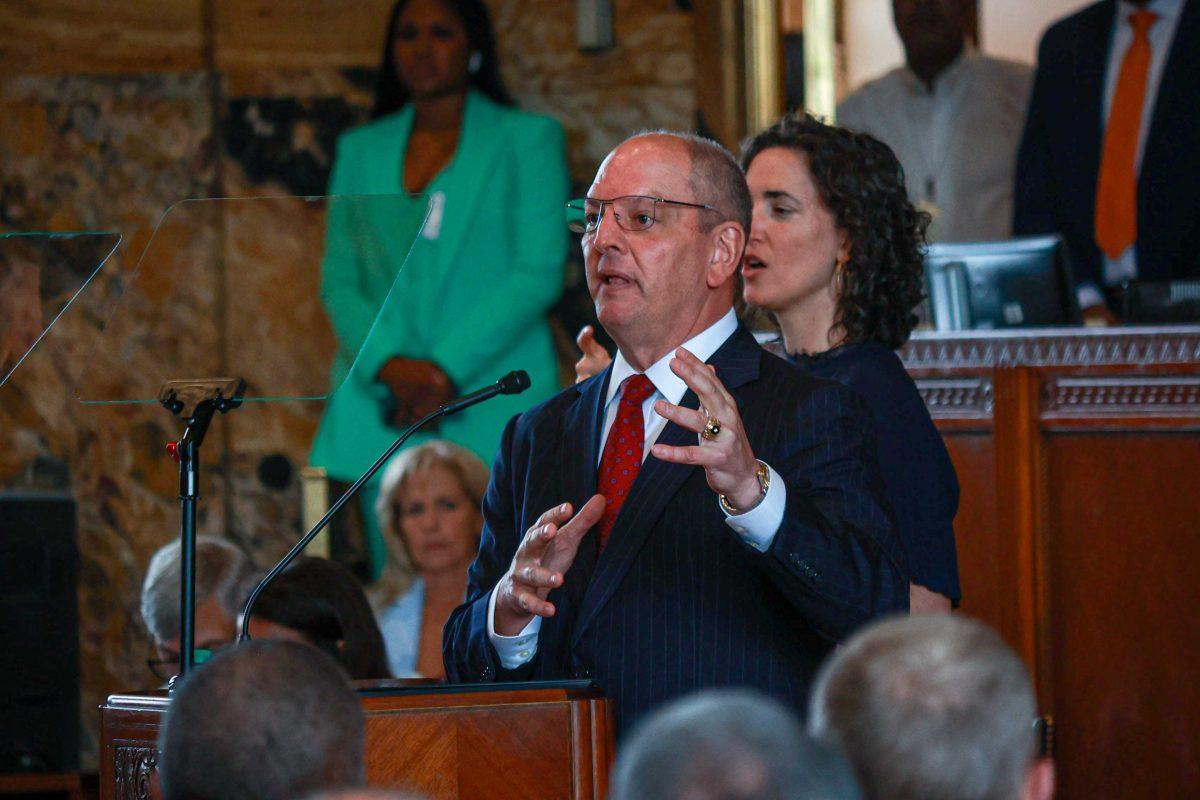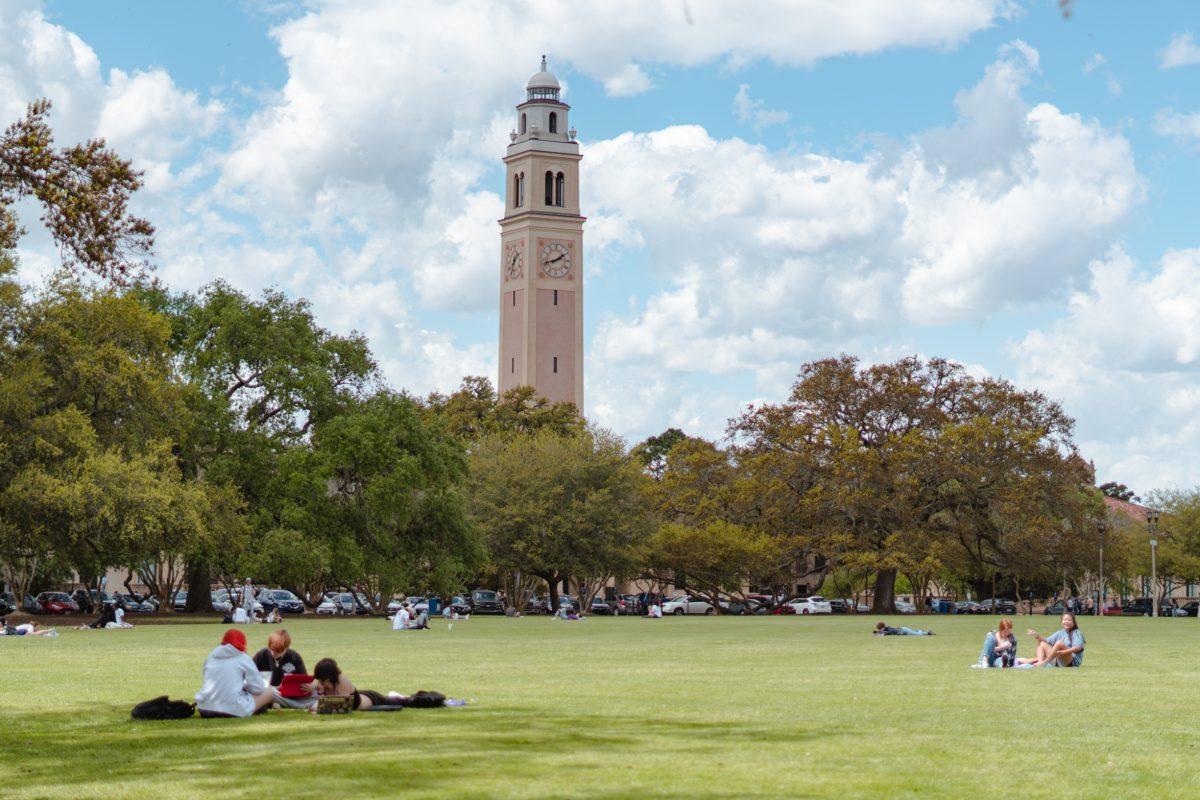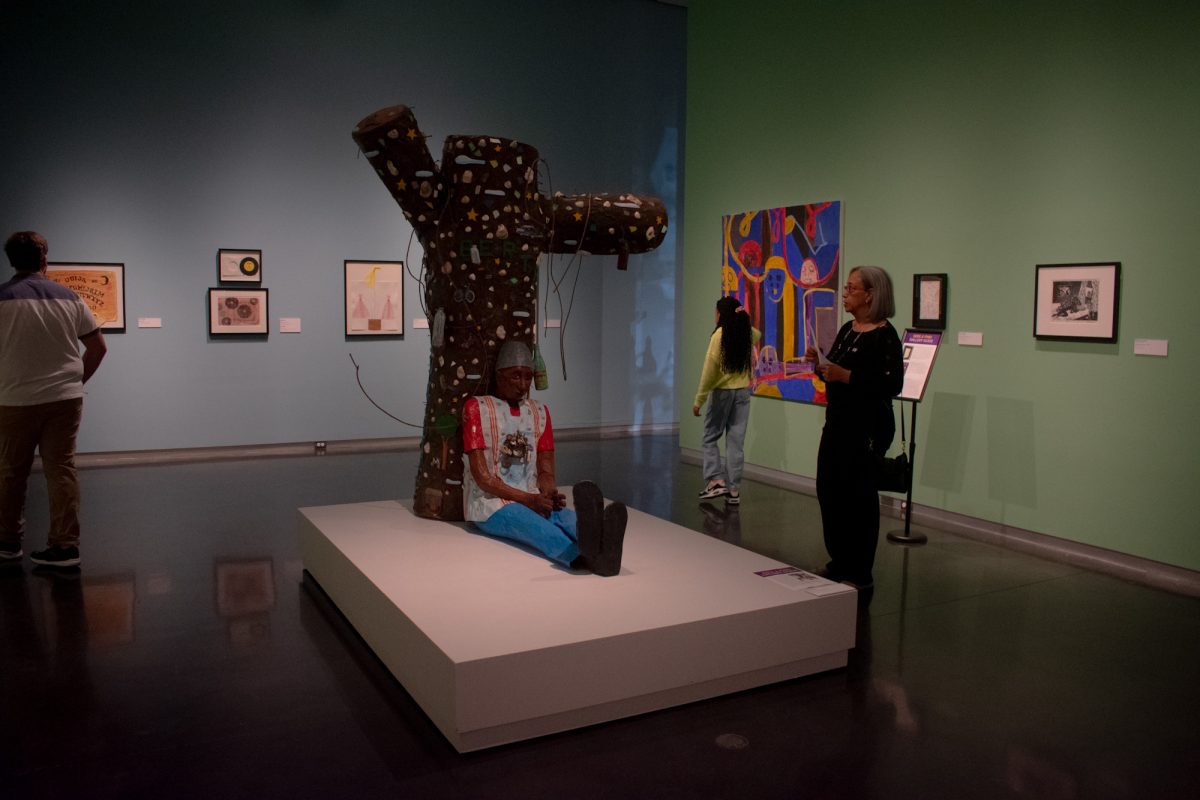Rebecka Sheffield is good at reading between the lines.
Sheffield, the executive director and archives manager of the Canadian Lesbian and Gay Archives, visited the University last week as part of a broader mission to shed light on the hidden histories of LGBT individuals.
Her work aligns with the social justice imperative of the organization, which acts as a catalyst for improving the lives of LGBT people, Sheffield said. By preserving the histories of LGBT individuals and sharing their stories with the public, the organization achieves this goal.
From meeting minutes and court documents to matchbook covers and 70s era shirts, Sheffield’s archives include a variety of items. The non-traditional materials result from the scant evidence of gay and lesbian lives from the time period, Sheffield said.
Many LGBT lives were hidden, and as a result, lesbian, gay and transgender individuals collected any items possessing traces of their culture. Finding evidence of these communities’ existence often requires “reading through the lines,” Sheffield said.
“When you talk about scant evidence, sometimes you’re talking about documentation kept by oppressors and suppressors as opposed to queer people themselves,” Sheffield said. “You look to police files, you look to surveillance documentation, you look to court files about who was going to prison and who wasn’t going to prison. You really have to read through the lines.”
A story from New Orleans especially struck Sheffield while researching the gay and lesbian history of Louisiana.
On June 24, 1973, an arsonist set fire to the UpStairs Lounge, an LGBT bar in the French Quarter at the time, and killed 32 people in the largest killing of gay people in recorded U.S. history. Few people know the fire’s full history, Sheffield said.
Though widely reported in the national media, the bar was seldom identified as a gay bar, except to say several bodies could not be identified due to a lack of identification. Many homosexuals didn’t carry ID in the event of police capture, she said.
In the face of these hidden histories, gay and lesbian archives provide evidence of a shared heritage, Sheffield said.
“For any of us to really feel a sense of understanding our own histories, we need to have the evidence to tell those stories,” Sheffield said. “It really is a symbolic value in that it shows you that you are not alone, that you’ve never been alone, that you exist and that you have always existed. There is a sense of belonging in having a sense of shared heritage.”
The archives are also key for the advancement of LGBT studies, such as the University’s LGBT minor. Universities across the world are seeing an increased interest in LGBT history and studies, Sheffield said.
The goal is for LGBT history to be integrated into traditional history courses as one study, she said.
Edward Benoit III, assistant professor of archival studies, organized Sheffield’s visit in an effort to bring a timely and diverse voice to campus.
The LGBT community has been growing in prominence in south Louisiana in recent years, Benoit said. In addition to the launch of the University’s LGBT minor and the activity of student groups such as Spectrum, there has been discussion about the creation of an LGBT archive in Baton Rouge.
Sheffield’s visit couldn’t have come at a better time, Benoit said. Engaging in different perspectives is key to the college experience, he said.
“In general, it’s an extremely important conversation to have in contemporary society,” Benoit said. “An LSU graduate cannot live in a world without understanding diverse perspectives, LGBT perspectives and the importance of various issues.”
Expert visits University to share histories of LGBT individuals
February 28, 2016
Sheffield
More to Discover



